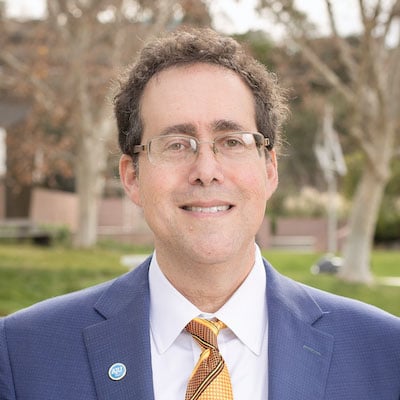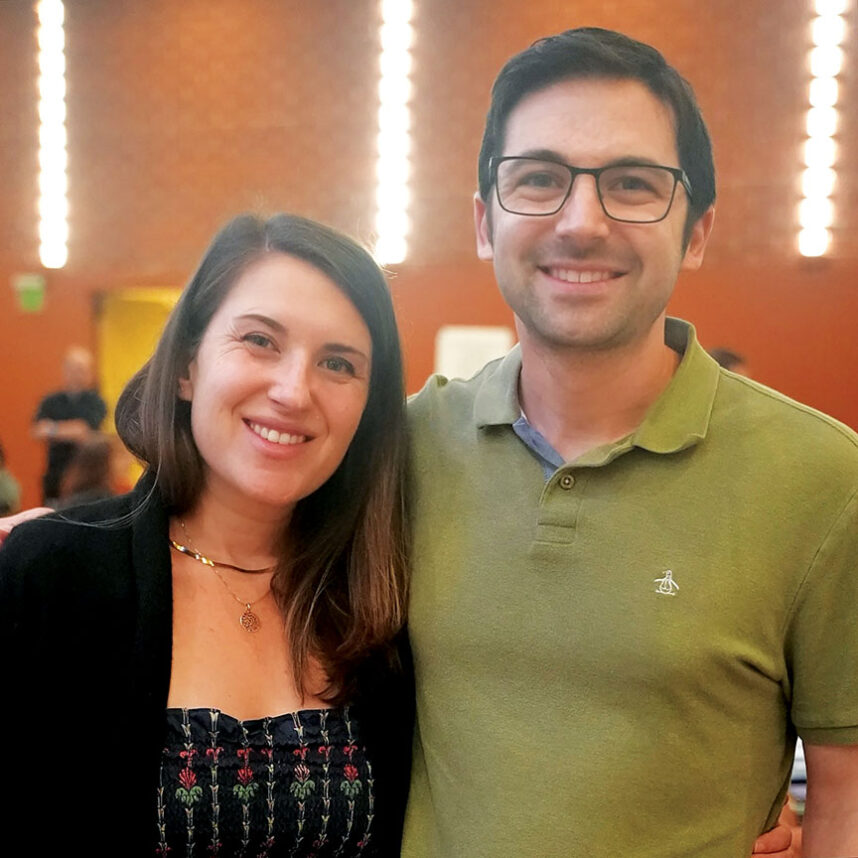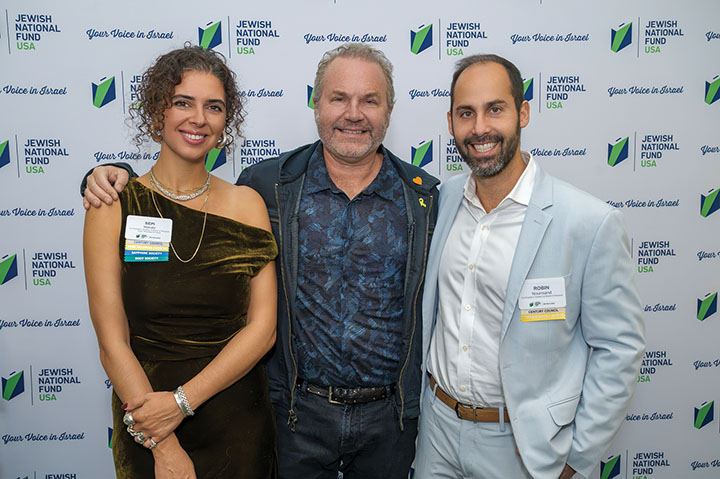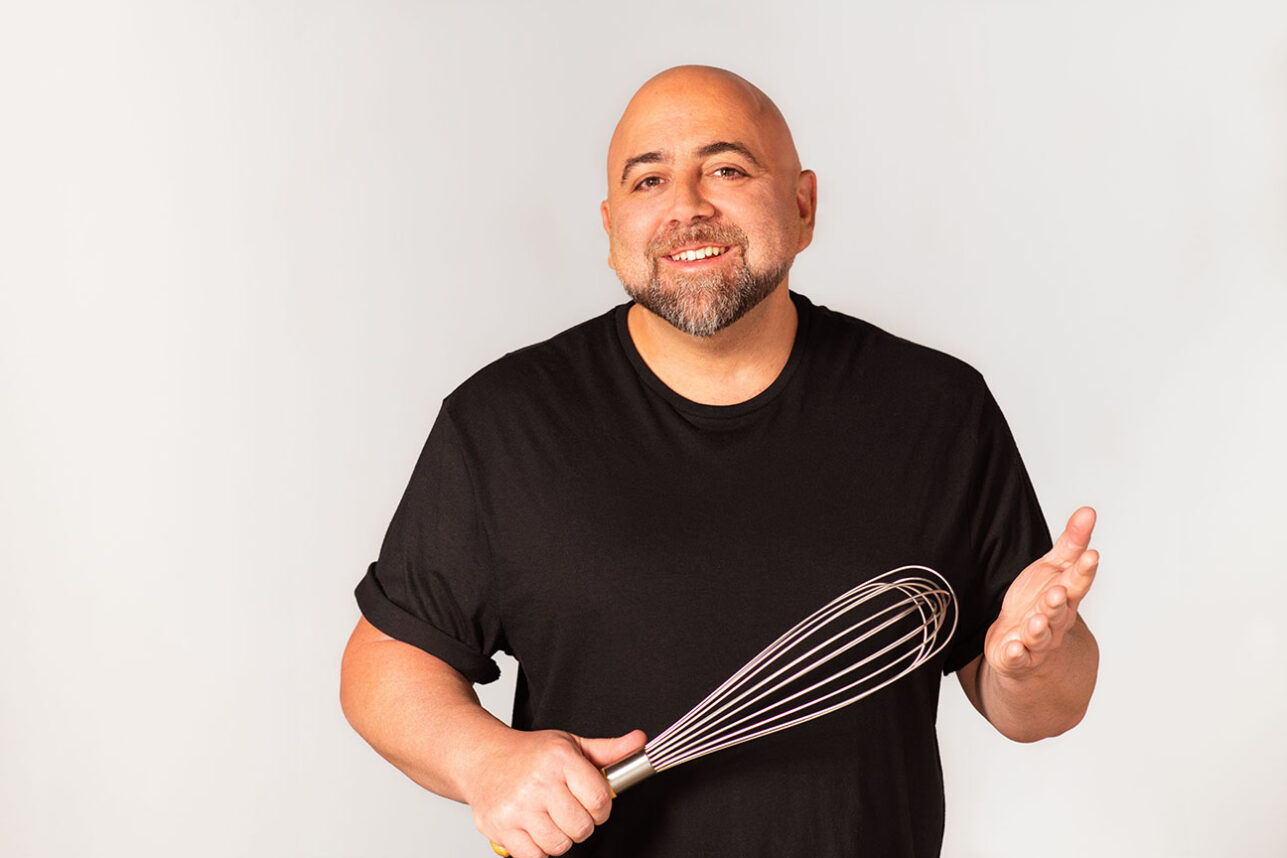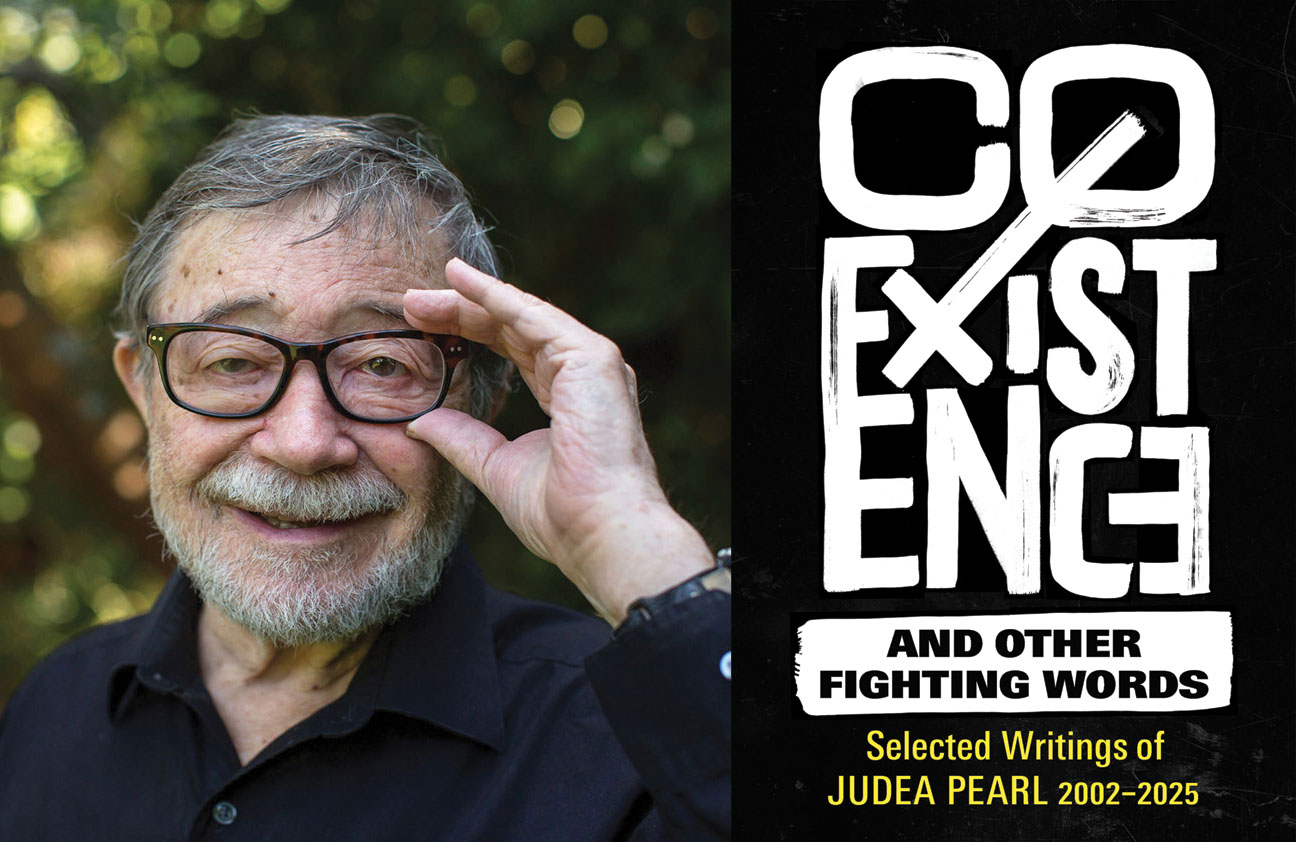Sometimes life presents us with challenges so arresting, so shattering that they change everything. This is the tale of a series of such moments, which began with my son’s diagnosis with autism, sending me into a tailspin and sundering my conventional ideas of God and Torah. This is the tale of my grieving, hopeful journey through libraries of science and philosophy as well as walking the streets of Jerusalem, out of which I began to articulate what I believe is a revolutionary way of loving God, God’s creation and God’s Torah. And, in the end, it is a tale of finding these revolutionary, liberating ideas hidden right where I had started — in the Torah, in the Talmud, in the Siddur, in the kabbalah. I just needed open eyes to see what had been there from the beginning, hidden under the crust of the theology most people think religion is supposed to mean.
In this season of Shavuot, I want to share a new way to receive and embrace God and Torah. But it’s also not new at all, because the God I now love is, I believe, the One you love too, and already know.
When my beautiful son, Jacob, was diagnosed with autism as a child, some 14 years ago at the age of 3, I stopped putting on my tallit and tefillin. I had been taught that God was all-powerful, which would mean God could have prevented Jacob’s autism but didn’t. I could not pray to someone who could inflict autism (or choose not to prevent it). I said to God, “It’s better if we don’t talk for awhile. You’re not going to want to hear what I have to say, and I don’t want to talk to you. So I am not going to.” And for a year and a half, God and I just didn’t talk (which is a bit awkward professionally, because I am, after all, a rabbi). I wrestled with tormenting thoughts: “I’m a good person; how could He do this to me? I keep kosher, I don’t mix linen and wool in my clothing, I help people all day long. I am fighting for the survival of the Jewish people. How could God let this happen to my beautiful, innocent son?” Rabbi Harold Kushner, author of the wonderful book “When Bad Things Happen to Good People,” says that expecting the universe to make exceptions for you because you are a good person is like expecting a bull not to charge because you are a vegetarian.
If God didn’t give Jacob his autism, doesn’t cause suffering and evil, then what is the explanation? In the words of Job: “If not God, then who?”
In order to uncover a deeper answer to this age-old question, we have to revisit the dogma of creation from nothing, a teaching derived from Aristotle and one that makes belief in God’s goodness so difficult for so many. What the Torah actually says is, “When God began creating heaven and earth, there was tohu va-vohu (chaos), and the ruach (wind/breath/spirit) of God was vibrating over the face of tehom, the deep, and God said, ‘Let there be light,’ and there was light.” According to the Torah, was there tohu va-vohu, chaos, before God started creating? Yes. Unambiguously yes. At the instant God began creating, tohu va-vohu was already existent, and the ruach of God flutters over tehom (that had to be there already for the spirit of God to be able to flutter over it). The simple meaning of Genesis 1 is that there is pre-existent darkness and chaos. The tehom, the chaos, already exists — bubbly, uncontainable and undomesticated. God’s creative act is not the special effect of something from nothing, but the steady chesed (lovingkindness) of converting chaos into cosmos. Tohu va-vohu and the tehom have always existed, and threaten still. God has always been, and is still, inviting/commanding the chaos into cosmos. We have misunderstood the nature of Divine creativity and power.
We are taught to think about God’s power as coercive, I suspect, because when we think about human strength and force, we think of coercive power — warriors, despots, pharaohs, führers, commissars and terrorists. But it turns out throughout history that long-term power is not coercive; the most transformative power is persuasive. Pharaoh was brought down — and the persuasive ideals revealed among those ancient Hebrew slaves has been liberating people ever since. In your own life, think about the abiding impact of a really inspiring teacher. Reflect on how you have been transformed by a great mentor, or parent, or lover — people who broadened your vision, encouraged you and made it possible for you to do something you never thought possible. They did not accomplish this task using mere coercive power; they invited you to be yourself, lured you to exceed your prior limitations, inspired you to live in the light. The Bible is full of examples of God using not coercive, but persuasive power to enlist our participation in creating a worthy, covenanted future.
During my decade of reckoning with God and coming to terms with Jacob’s autism, I began to develop a different relationship with God and a different understanding of God’s relationship to our world.
I now advocate what is called process thought, which was first articulated by mathematician/philosopher Alfred North Whitehead, enhanced by philosopher Charles Hartshorne and applied by theologian John Cobb, among a growing circle of thinkers. According to process thought, everything is in the process of becoming, and every process — you, me, the world, the cosmos, God — is not a substance, a thing, but rather a distinctive pattern of energy that retains some measure of constancy in the midst of change and growth. It is God who provides the grounds for our creativity, our becoming more connected, more just, more compassionate. It is God, working through Jacob, that allows Jacob to triumph over his autism day by day.
I stumbled upon process thought almost by accident, researching new approaches to integrating science and religion, and to how God relates to the world. About four years ago, I found an anthology, “Philosophers Speak of God,” co-edited by Hartshorne, which offers a range of philosophical understandings of God — Jewish, Christian, Muslim, Hindu, Buddhist and philosophical. I was drawn to these brave process thinkers, which led me to the contemporary writings of Catherine Keller and Cobb, and the scientific reflections of John Polkinghorne, Arthur Peacocke and Philip Clayton. Through them I returned to the writings of Milton Steinberg, Max Kadushin, Martin Buber and others. Reading them was like slipping into a soothing bath, a healing mikveh. The external, bullying, punishing ideas of God melted in the mist, leaving the transformative, healing balm of relationship, novelty and persuasion. I fell in love again — with God as understood through process and with God’s creation as a continuing expression of loving, relating and of novelty.
The insights of process thought saved my love of God, because instead of looking to God to be the all-powerful exception to the rules (the up there/out there bully in the sky), I started looking to God as the very exemplar of the rules — the One who makes it possible for us to surpass ourselves, the One who inspires us to ever-new levels of love and creativity. Instead of looking for God in magic, I look for God in Jacob’s refusal to let himself be defined or limited by his autism. I see God in Elana, my resilient and courageous wife, who refuses to abandon our son to a marginal existence. I see God’s persistent lure in people in the community who look past the autistic label and embrace Jacob — a young man of hope, strength, joy and astonishing wisdom. Working with, in and through creation is the arena for God’s unique, amazing, persuasive power. Tanks can knock down walls, but there isn’t an army in the world that can give Jacob the capacity to sit through a class for an hour and a half. That transformation requires the resilient, determined, persuasive love of God, manifest not as the exception to the rules of physics and biology, not in the suspension of Jacob’s autism, but as the way the very universe is tilted toward interrelationship, complexity and creativity. God doesn’t work from outside creation — intervening from afar. God bubbles up from within, working in us, through us and with us.

